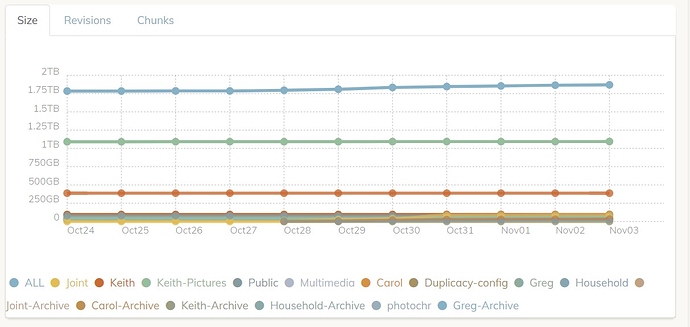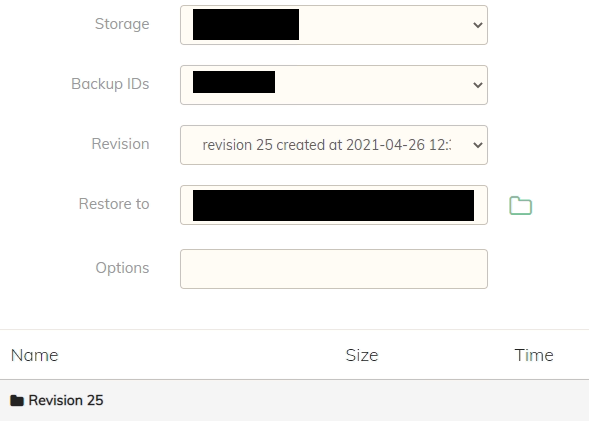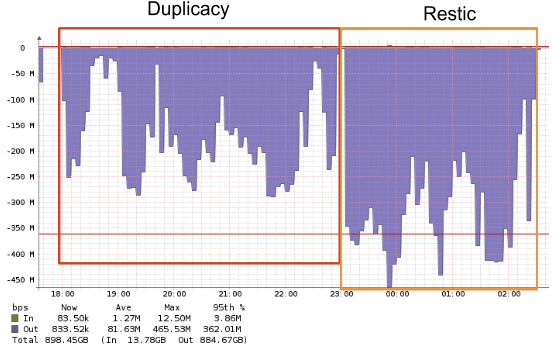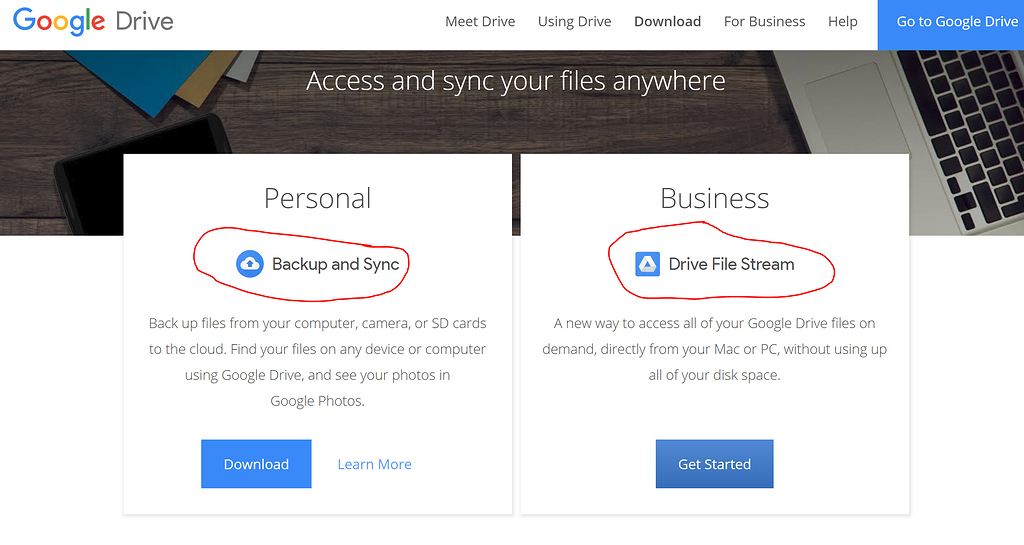


#Duplicacy restore full
Full snapshot : although each backup is incremental, it must behave like a full snapshot for easy restore and deletion.Incremental backup: only back up what has been changed.Duplicacy is the only cloud-backup tool that offers all the following 7 essential features:
#Duplicacy restore how to
Please refer to the (#includeexclude patterns) section for how to specify patterns.Duplicacy is a new generation cloud-backup tool supporting most cloud-storage providers (Amazon S3, Google Cloud Storage, Microsoft Azure, Dropbox, Backblaze, and Google Drive), as well as local disks and SFTP servers (such as Mac/Linux computers or NAS boxes). If the patterns can cause confusion to the command line argument parser, should be prepended to the patterns.

Unlike the *backup* procedure that reading the include exclude patterns from a file, the *restore* procedure reads them from the command line. When the repository can have multiple storages (added by the *add* command), you can select the storage to restore from by specifying the storage name. The ` limit rate` option sets a cap on the maximum upload rate.
#Duplicacy restore download
The ` threads` option can be used to specify more than one thread to download chunks. If the ` stats` option is specified, statistical information such as transfer speed, and number of chunks will be displayed throughout the restore procedure. The ` delete` option indicates that files not in the snapshot will be removed. By default the restore procedure will not overwriting existing files, unless the ` overwrite` option is specified. By default the restore procedure will treat files that have the same sizes and timestamps as those in the snapshot as unchanged files, but with the hash option, every file will be fully scanned to make sure they are in fact unchanged.

OPTIONS: r revision the revision number of the snapshot (required) hash detect file differences by hash (rather than size and timestamp) overwrite overwrite existing files in the repository delete delete files not in the snapshot stats show statistics during and after restore threads n number of downloading threads limit rate kB s the maximum download rate (in kilobytes sec) storage storage name restore from the specified storage instead of the default one ``` The *restore* command restores the repository to a previous revision. Updated restore``` SYNOPSIS: duplicacy restore Restore the repository to a previously saved snapshot USAGE: duplicacy restore.


 0 kommentar(er)
0 kommentar(er)
